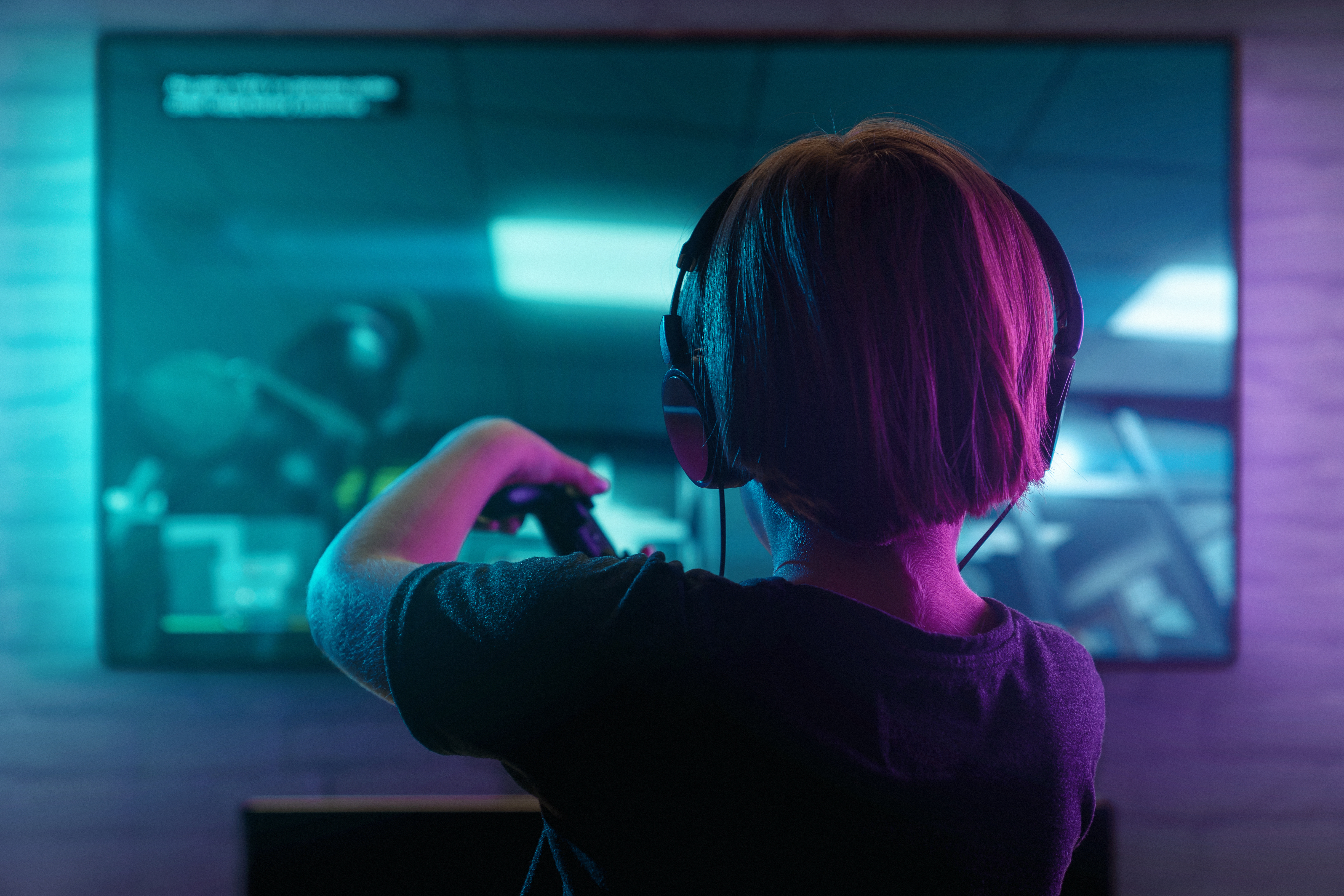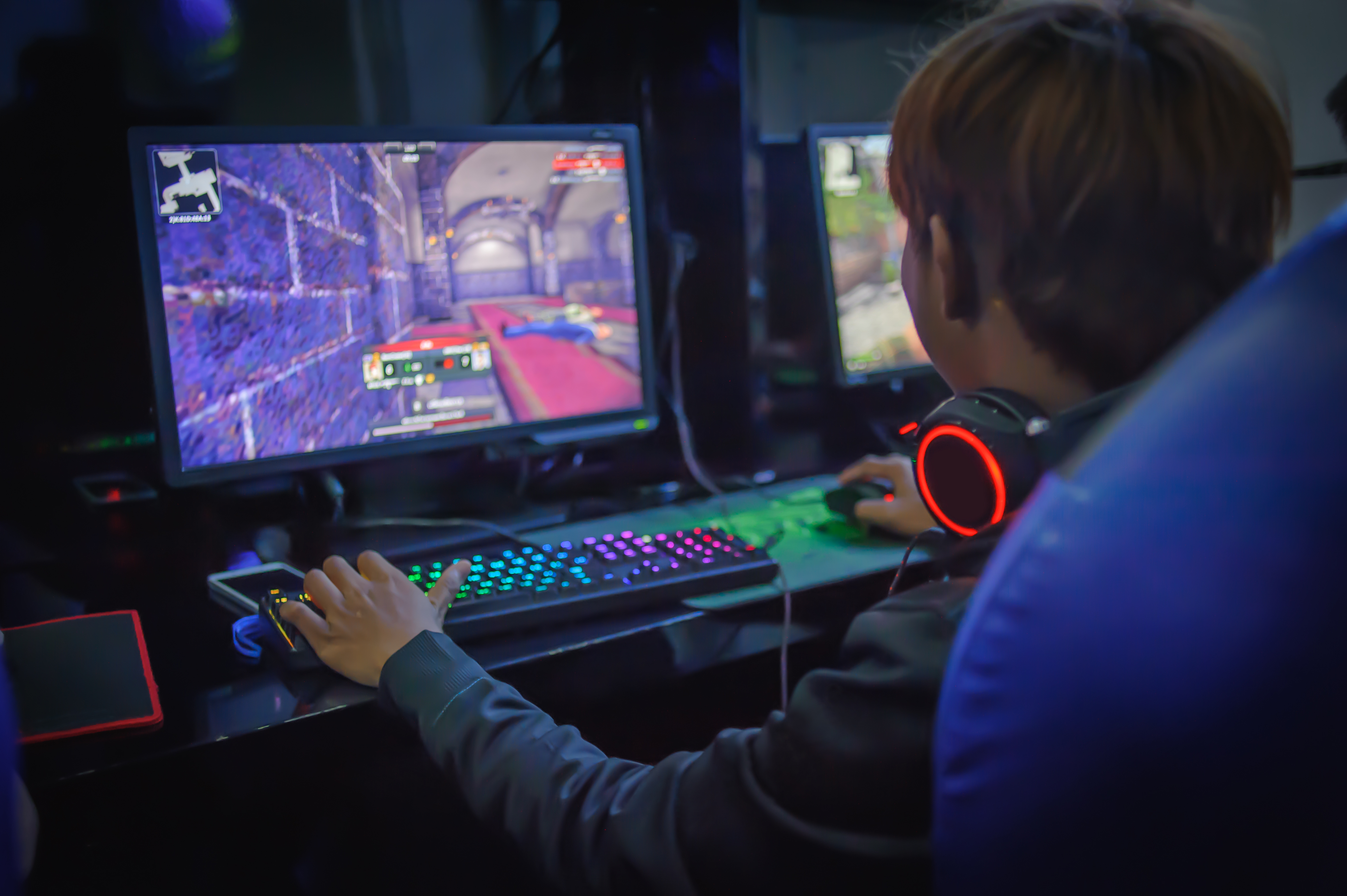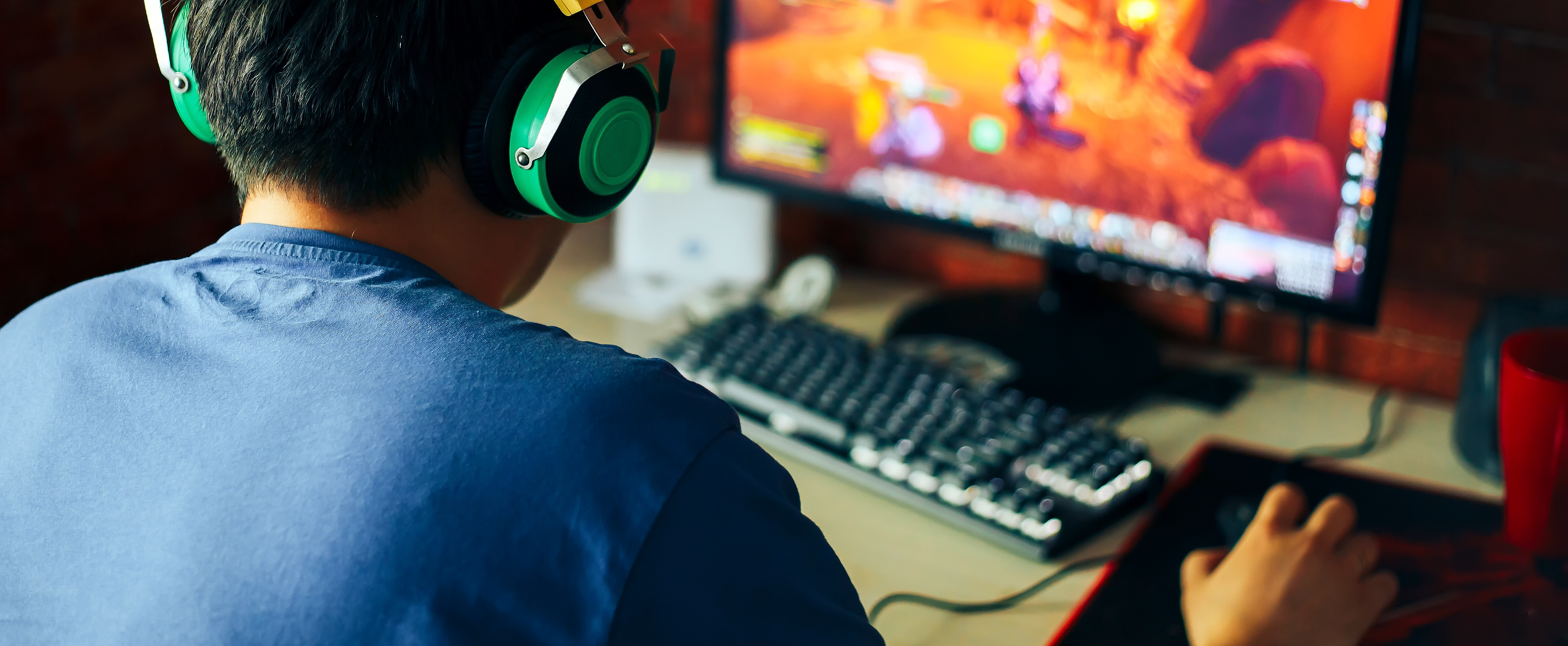How can we improve early years digital media literacy?
"Unfortunately nothing in the review really surprised me – I've worked in early years for more than 30 years now and I've seen many changes, but above all that increased recognition that the early years are a critical time for learning and development. If we get it right in the early years then it follows through for the rest of a child's educational journey [...] I just wish that with early years we're ahead of the game rather than playing catch-up."
The question isn’t whether children engage with technology – we know they do, and that they’re surrounded by it from birth. Instead, we should ask how to help parents with evidence-based support, so that early interactions with digital lay the foundations for positive engagement as children grow.
With support from the Nuffield Foundation, the ‘Early years digital media literacy review’ is a new report from Parent Zone that scopes out existing early years interventions: the sorts of initiatives that could foster both digital media literacy and the benefits of tech.
To discuss early years media literacy, we're joined by three expert guests: Eleanor Ireland, Programme Head at the Nuffield Foundation; Lucy Betts professor in Social Development Psychology at Nottingham Trent University; and Melanie Pilcher, Quality and Standards Manager at the Early Years Alliance.
You can catch up on every episode of the Tech Shock podcast here.
Latest Articles

Why does gaming’s omission from the Online Safety Bill matter?
We explain why gaming's omission from the Online Safety Bill is important.

7 key issues from the Online Safety Bill report
We look at the legislative committee response to the Online Safety Bill.

“We need fresh thinking for a family-friendly digital world”
Parent Zone CEO Vicki Shotbolt reviews the draft of the Online Safety Bill.

